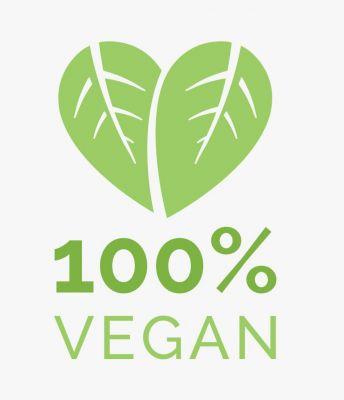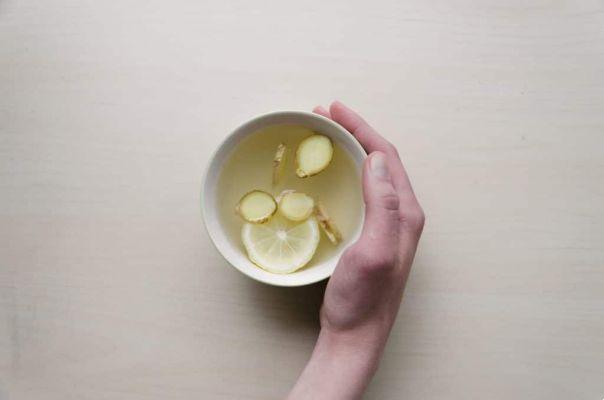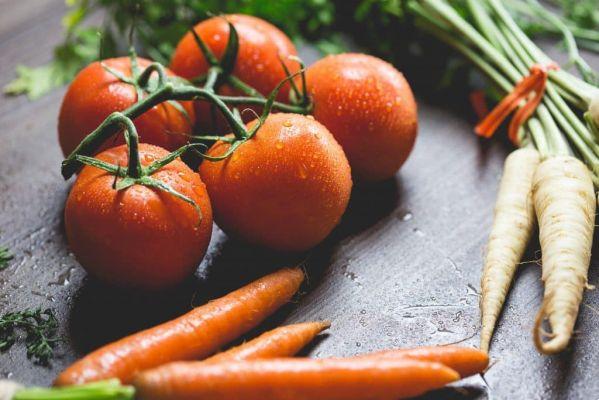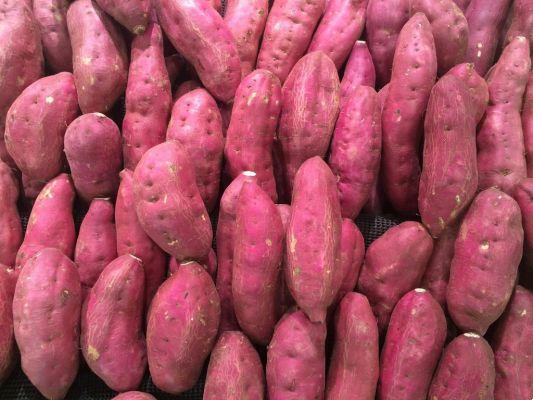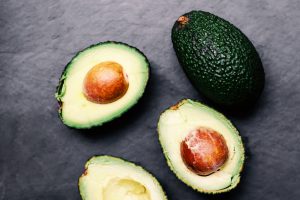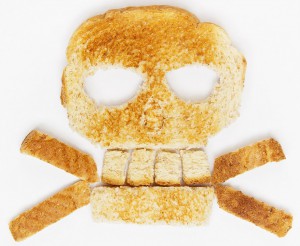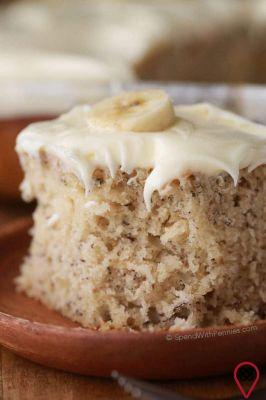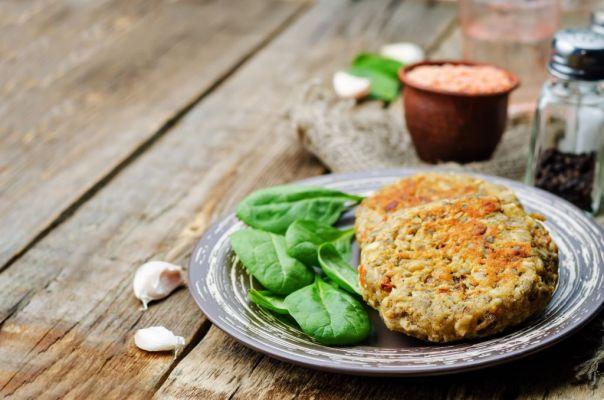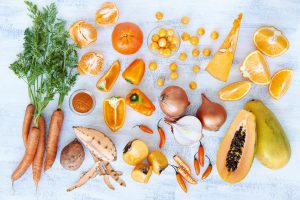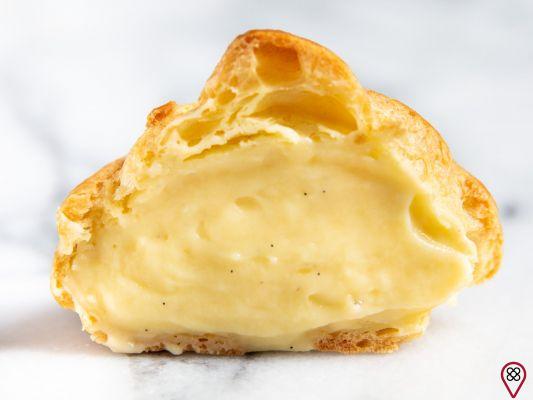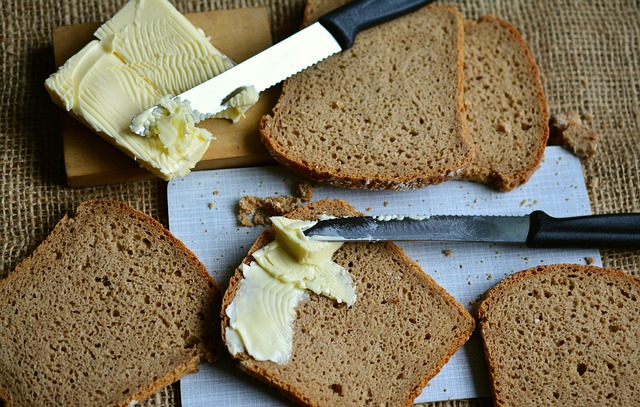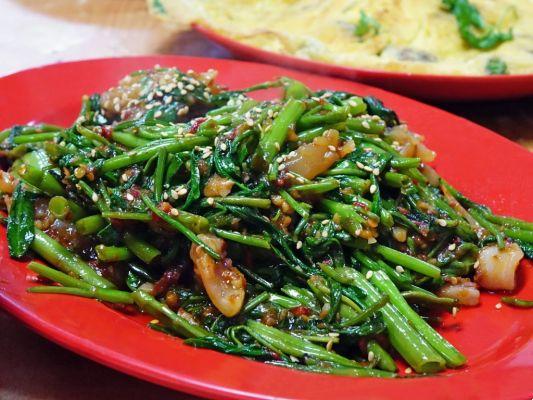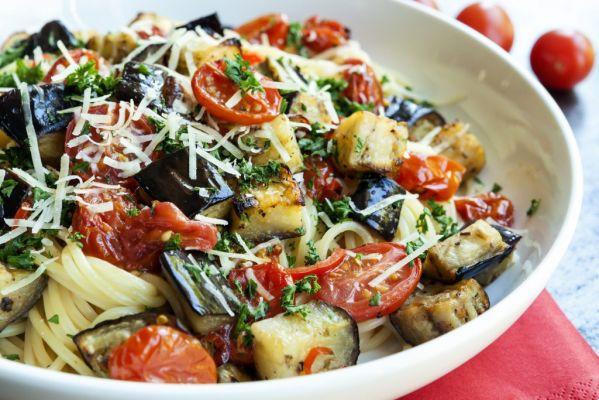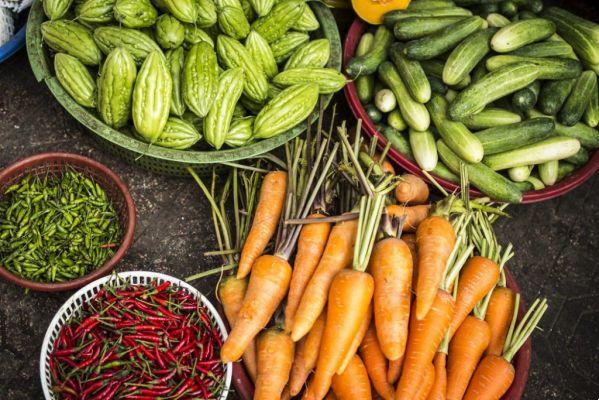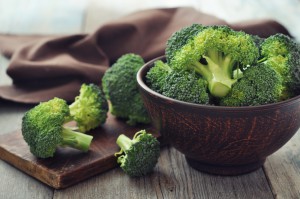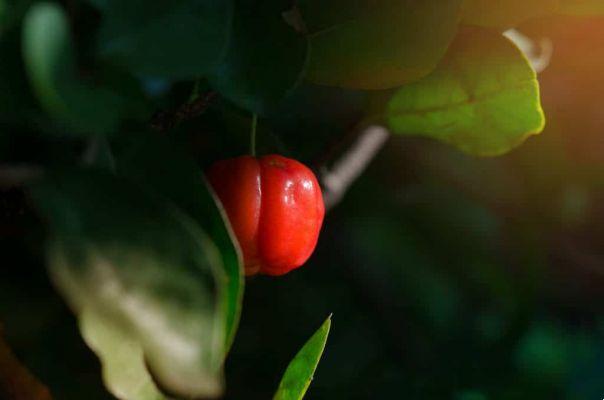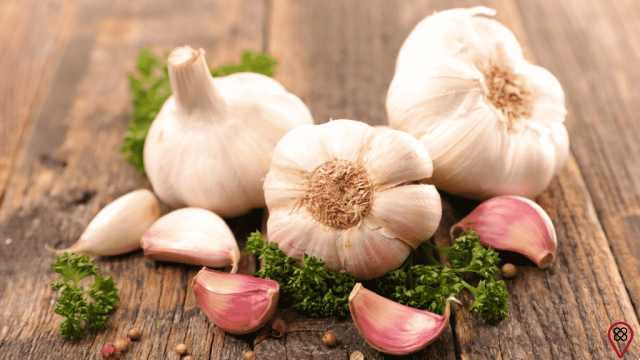Did you know that hamsters are so named because of their ability to accumulate food in their cheeks? Its name derives from the German word “hamstern”, which means “to store” or “to accumulate”, referring to the strange peculiarity of the animal.
This evolutionary feature may be associated with its place of origin. Coming from the inhospitable regions of Africa and Asia, this rodent mammal developed the ability to expand its cheeks to store more food, passing it on to its descendants. After all, living in desert regions and in places that are poor in food, you never know when your next meal will be!
Currently, this pet has won homes (and hearts!) around the world. With food available at all times in their feeders, domestic hamsters lead a more comfortable life than their wild relatives. There are, however, some recommendations to follow about what this pet should and should not eat! Find out more below!
How to feed him properly?
It is not difficult to ensure a balanced diet for a hamster. The rations bought in pet stores already supply, by themselves, the nutritional needs of your hamster. That's because they are rich in vitamins and minerals, as well as containing all the nutrients necessary for the well-being and health of your pet.
Prepared using the extrusion technique, the rations for these animals do not contain large amounts of fat or carbohydrates, which helps to prevent your hamster from hibernating or suffering some type of intoxication.
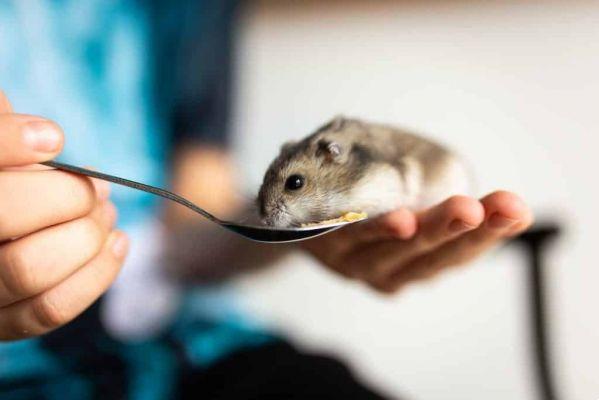
Also remember that your pet has different eating habits! Hardly a hamster will eat more than it should. So, unlike other species of animals, try to keep his feeder always stocked! Also check frequently that the drinking fountain is full and properly sanitized. And don't forget: the water must be changed daily!
Complementing the food
In addition to the food portions, you can supplement your hamster's diet with fruits, grains, and vegetables. Although they are not necessary, since extruded rations are already nutritious enough, you can add them as a way to please your pet. However, keep in mind that these supplements should not exceed 10% of the pet's daily diet.
Grains are the basis of this animal's diet. If you don't feed him specific rations, you can give him a tablespoon of grains a day. But no exaggerations! Grains have high amounts of protein and carbohydrates, which can lead your hamster to obesity.
Among the favorite fruits for the pet are apple, pear, banana and strawberry. Avoid fruits rich in water, such as watermelon, as they can cause diarrhea in the animal. Although your hamster will never eat more than necessary, remove the fruit at the end of the day. This will prevent it from spoiling or attracting unwanted fungi and animals, which can be harmful to his health.
Organic vegetables are great for your rodent to snack on. Add carrot leaves and dark green vegetables such as chicory, Swiss chard, cucumber and broccoli to your diet. Avoid lettuce and other water-rich vegetables! Like watermelon, they can cause diarrhea in your pet.
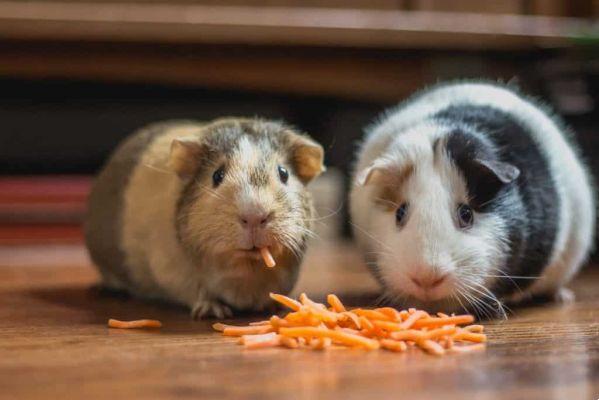
You can even offer grass hay and other dry leaves to your pet. In addition to being great snacks, they help keep your pet's teeth healthier!
You may also like
- Immediately remove these fruits from your dog's diet!
- Make a natural diet for your pets and keep them healthy!
- Have you ever thought about adopting a puppy? This can change your life!
What to avoid
There are certain foods that should be completely excluded from your pet's diet. Among them are industrialized foods for humans, such as snacks. These treats are high in sodium and contain excess fat, which can cause kidney disease in your hamster.
Also remove rations for other species from the menu. It is not recommended to feed your hamster cat, dog, rabbit or other rodent food such as guinea pigs. Remember that each animal has a different organism and therefore different nutritional needs!
It is recommended to avoid the consumption of milk in adulthood. Also avoid giving him avocados, chocolate, onions and garlic, as all these foods contain toxic substances for hamsters.
If you are still in doubt about how to properly feed your little rodent or how to proceed in the event of a food change, look for a veterinarian! He will guide you in the best way possible!



